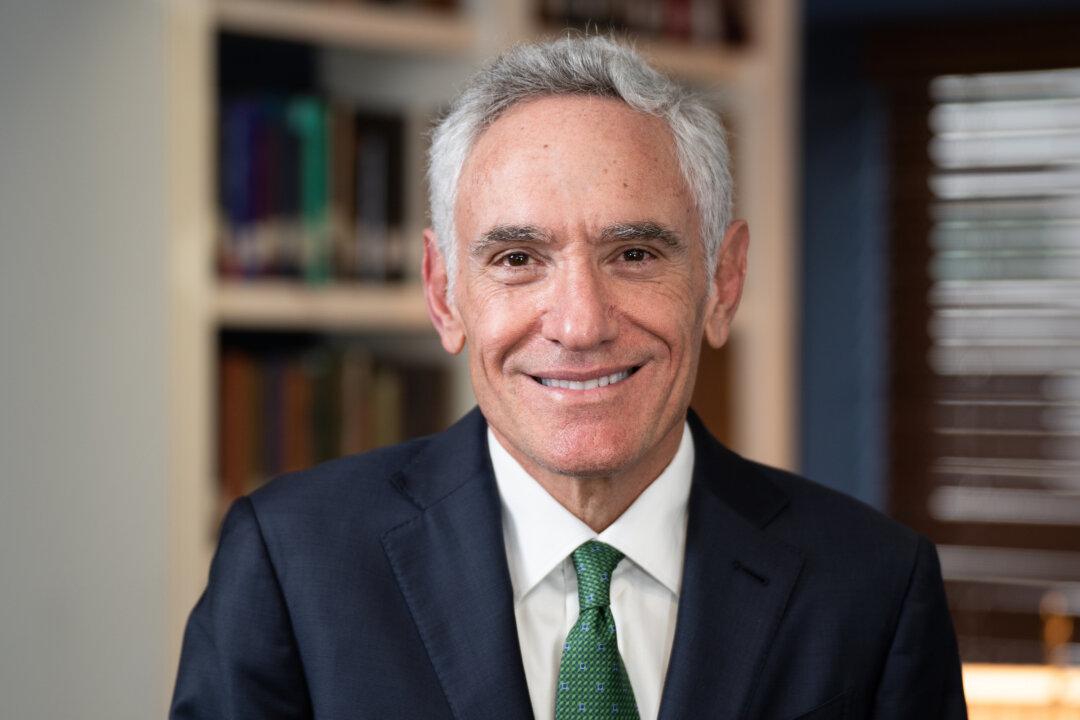Restrictive pandemic policies shouldn’t be forgiven after the “massive harms and destruction” the lockdowns caused to the American public, according to Dr. Scott Atlas.
Atlas, a COVID-19 adviser during the Trump administration and a contributor to The Epoch Times, was responding to a recent Atlantic article calling for a “pandemic amnesty.” The argument goes that the pandemic missteps were a result of “deep uncertainty” rather than “moral failing,” and it’s time to let the issues go and move on.





